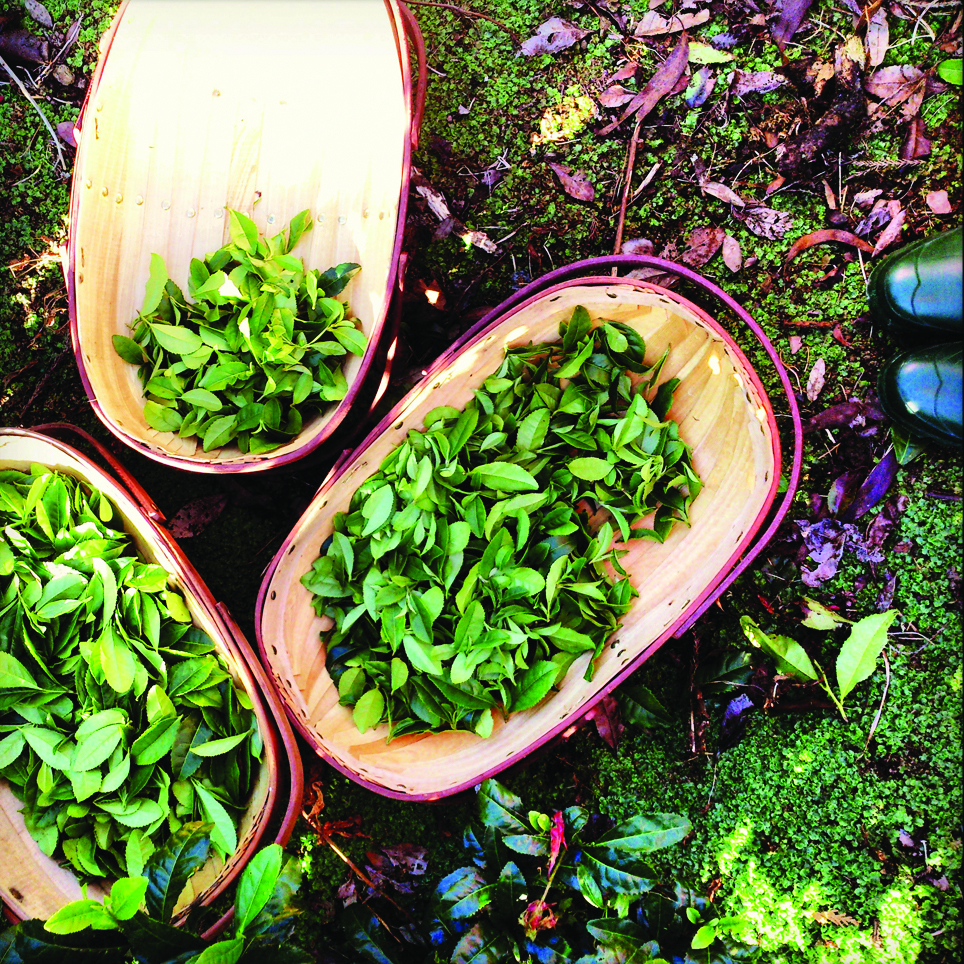Rural Report 2017: The remarkable story of Europe’s first tea plantation
In a series commissioned exclusively for this year's Rural Report, Andrew Shirley visits pioneering farms and estates whose home-grown beverages are helping to quench thirsts in the UK and beyond.
3 minutes to read
In this first article of the series, The Rural Report focuses on a farm that produces it's own tea.
“It’s possible to drink our tea all the way from Cornwall to Amsterdam,” Jonathon Jones tells me proudly as we discuss the remarkable story of Europe’s first tea plantation that he helped to set up at Cornwall’s historic Tregothnan Estate.
Tregothnan tea is now served on the GWR trains linking Penzance to London and to Eurostar’s first-class passengers, as well as being exported all the way to China, says Mr Jones, who looks after the estate’s unique 100-acre garden and its varied trading activities.
Although the mere thought of producing tea in England was ridiculed by many when he first proposed the idea of creating “the most British of teas” almost 20 years ago, Mr Jones stuck to his guns. He was convinced that Tregothnan’s unique microclimate, not dissimilar to Darjeeling in India where the “champagne of teas” is produced, meant he could be on to a winner.
The estate was already home to over 2,000 varieties of ornamental Camellia and other plants native to areas where tea is traditionally grown – collected by members of the Boscawen family who have lived there since 1334 – so why not Camellia sinensis, the tea bush, he thought.
But success did not come by chance, Mr Jones made sure he did his homework before embarking on the new venture – a valuable lesson for anybody thinking of setting up a new business. “I applied for a Nuffield Scholarship and travelled to tea-producing regions all over the world to learn about how it was produced.”

One thing he quickly realised was that marketing would be the key to success. “You have to approach diversifications like this as a brand manager, not just a producer. Being a price taker is hopeless. Most tea is basically sold as a cheap commodity so we needed to have the confidence that we could redefine the market and create a brand that would be perceived as affordable luxury. People said we were crazy.”
But his doubters have been proven spectacularly wrong – the operation is now a multi-million pound international business based around a 100-acre tea garden, and Mr Jones has showed that people will pay for good tea, just 200g of the estate’s finest will set you back £150 in Fortnum & Mason.
However, success is not taken for granted. “The need for innovation is constant,” he says. The estate now produces a wide range of traditional and herbal teas, more correctly known as tisanes, and Mr Jones is constantly on the lookout for new opportunities.
In March he was in Florida at the launch of a new tea brand – Sunset Polo – that Tregothnan has created for the eight-goal US polo player Nic Roldan. He is also working on a Manuka honey smoked Earl Grey tea with chef Raymond Blanc.
By 2020, Mr Jones expects the estate to be growing 150 acres of tea bushes, but he is also looking at other areas where Tregothnan can excel using the brand presence created by its tea as a spearhead. “We could grow way more cut flowers; it’s a market that’s worth over £1bn in the UK.”
The estate also sells tea bushes to other estates around the UK, although none as yet has rivalled the success of Tregothnan. “There are lots of opportunities on all farms and estates, but the answer will be unique to each,” advises Mr Jones. “You just need to be innovative and remember that nobody owes you a living.”
